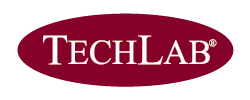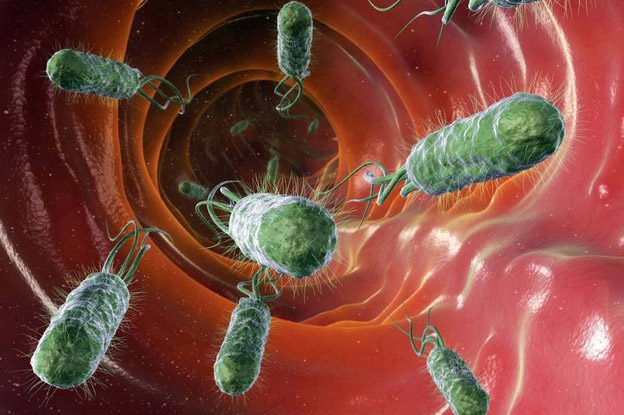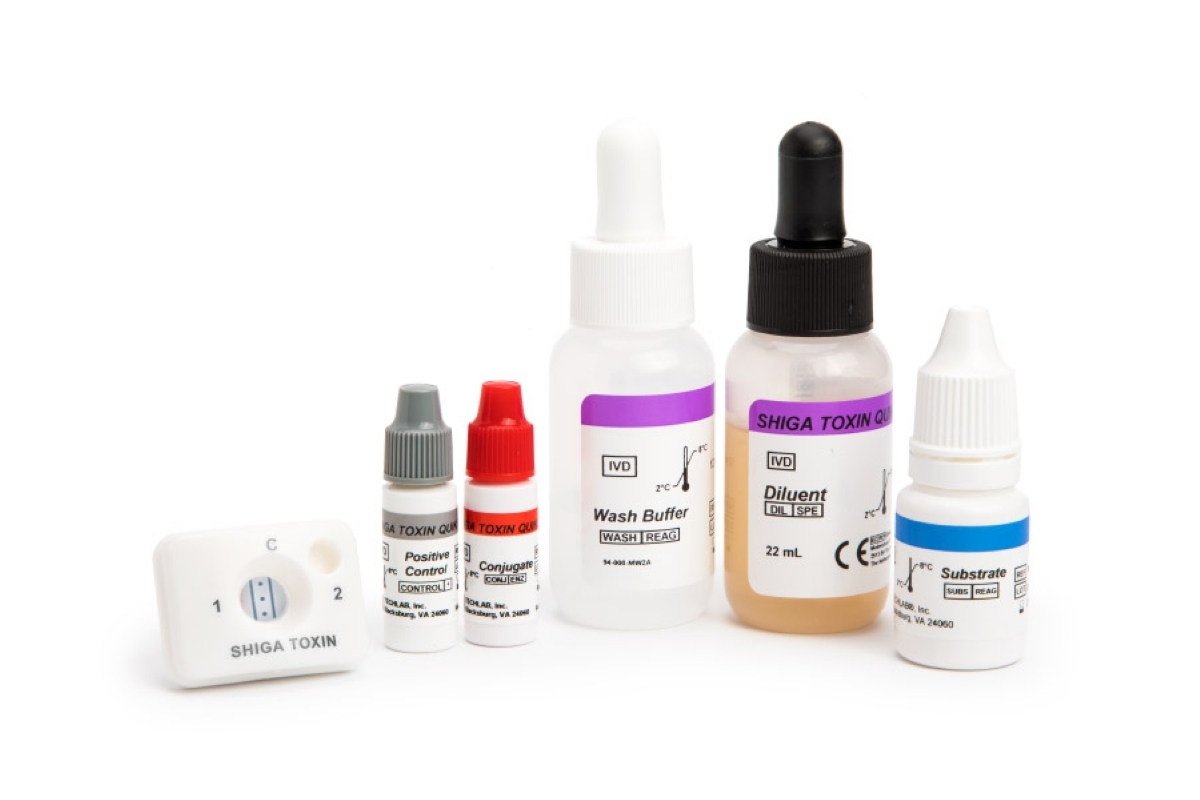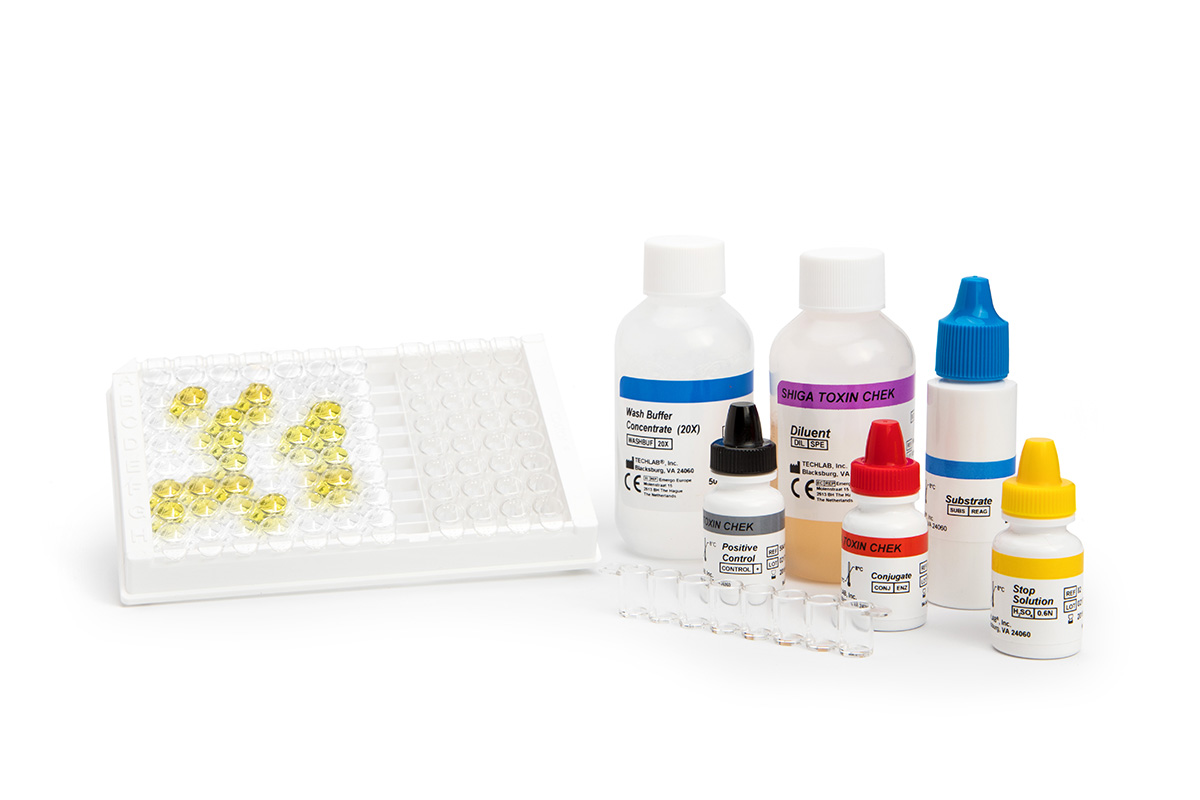Shiga toxin-producing Escherichia coli (STEC) cause foodborne and waterborne diarrheal disease that can progress to hemorrhagic colitis and hemolytic uremic syndrome (HUS).
STEC derive their name from their ability to produce toxins (Stx1 & Stx2) similar in structure and function to the Shiga toxin produced by Shigella dysenteriae.
STEC strain O157:H7 has historically been the focus of attention in the United States, where it was first isolated from undercooked hamburgers. The strain causes an estimated 73,000 illnesses annually. STEC infections caused by non-O157 strains have become more prevalent in recent years, both in the U.S. and globally.
Since certain treatments and medications can increase the risk of HUS, prompt detection of STEC is necessary to prevent outbreaks and secondary transmission.



